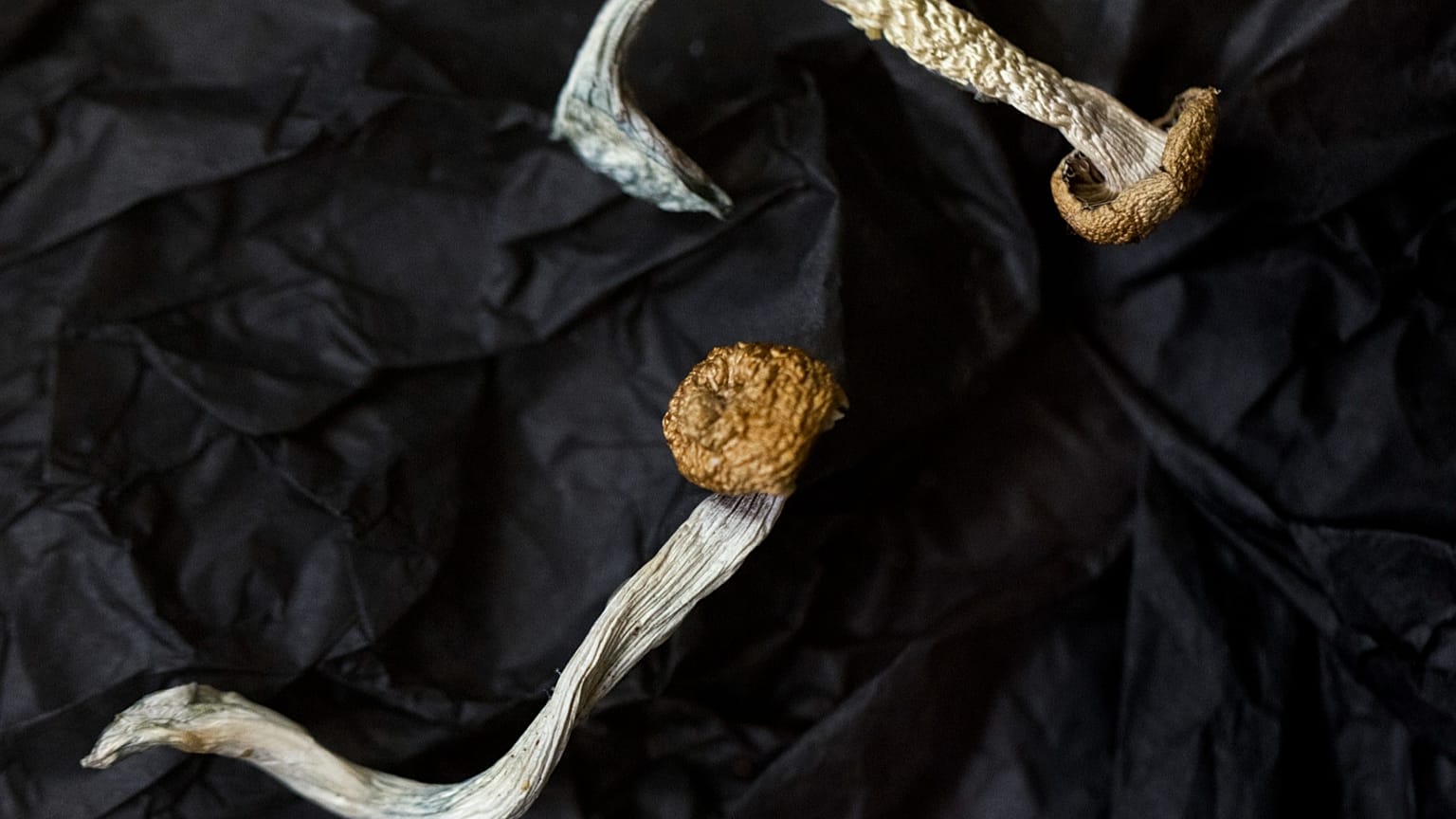Clinical trials are underway across Europe testing whether psychedelic-assisted therapies can help address mental health disorders. But doctors urge a ‘sober science’ approach.
Psychedelic drugs could one day help treat mental illnesses, but the evidence isn’t strong enough yet to offer them to patients, according to a new report from psychiatrists in the United Kingdom.
After decades of restrictions, researchers have taken a renewed interest in the potential of psychedelics such as MDMA, ketamine, LSD, and psilocybin – the hallucinogenic compound found in magic mushrooms – in recent years. Now, several late-stage clinical trials are ongoing to test psychedelics in the UK, mainland Europe, and the United States.
The drugs are thought to boost mental health by affecting processes in the brain, changing people’s perspectives about themselves and their experiences. In trials, people usually receive talk therapy alongside the medication.
For the new report, the UK’s Royal College of Psychiatrists analysed the existing research on these treatments, finding that they could help treat mental health problems as wide-ranging as anxiety, depression, post-traumatic stress disorder (PTSD), and addiction.
But the group concluded that there is not enough high-quality evidence to recommend that these drugs be routinely used in psychiatry.
“We are cautiously excited,” Oliver Howes, one of the report’s authors and chair of the college’s psychopharmacology committee, said during a press briefing.
“There is a huge amount of activity … and these [trials] are showing promise, but there is a huge amount of complexity as well,” added Howes, who is also a professor of molecular psychiatry at King's College London.
“That's why we're urging sober science and caution”.
One of the biggest challenges in psychedelic research has been “breaking blind” in clinical trials. Participants are not supposed to know whether they have been given a real drug or a dummy treatment – but they can often tell when they have taken a psychedelic substance, raising the risk that any benefits are a placebo effect.
The findings can also be difficult to replicate.
Howes and his colleagues called for additional research on psychedelics’ safety, efficacy, and long-term use, as well as the creation of a centralised database to monitor the drugs’ effects.
They may soon get some answers. The first psychedelics trial funded by the European Union launched last year to test whether psilocybin can alleviate anxiety and depression among patients with multiple sclerosis (MS) and other progressive diseases.
Some countries, including Germany, have launched compassionate use programmes for psychedelics, meaning patients can access the drugs before they have been formally approved in exceptional and strictly controlled cases.
Beginning in 2026, psilocybin will be legal to treat depression in the Czech Republic. But full approval for a broad range of psychedelic medicines is not expected in Europe for several years.
In the meantime, Howes advised people against “self-medicating” with psychedelic drugs and encouraged them to sign up for clinical trials instead.
“We strongly think these substances should only be administered in a psychiatry-led, multidisciplinary team,” he said.


















